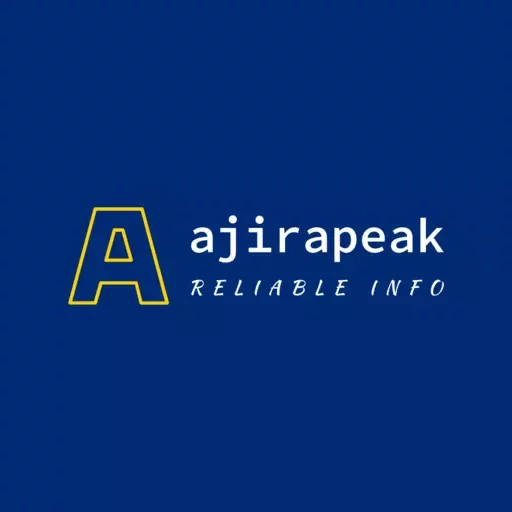Child Protection Specialist,NOC, TA, Mbeya, Tanzania (Tanzanian Nationals Only) post #119937 at UNICEF May 2022
Job no: 550600
Contract type: Temporary Appointment
Level: NO-3
Location: United Republic of Tanzania
Categories: Child Protection
UNICEF works in some of the world’s toughest places, to reach the world’s most disadvantaged children. To save their lives. To defend their rights. To help them fulfill their potential.
Across 190 countries and territories, we work for every child, everywhere, every day, to build a better world for everyone.
And we never give up.
For every child, empowerment
How can you make a difference?
The purpose of this position is to support districts/LGAs with implementation of the child protection system across all three pillars (and integrate into areas of convergence within UNICEF, such as early childhood development and adolescence). Whereas the candidate will be expected to support all three components of the child protection system, emphasis will be placed on supporting prevention activities, including ensuring implementation of the NPA-VAWC Communication and Outreach strategy, and supporting local and regional government authorities, to plan and budget for the child protection system.
MAIN RESPONSIBILITIES AND TASKS
1) Provide technical support to community development officers in the implementation of the prevention component of the child protection system, including the implementation of the National Integrated Communications and Outreach Strategy to End VAWC at the regional and district level.
2) Support LGAs and RAS to plan and budget for child protection system components of the NPA-VAWC and include these in all LGA and RAS budget and planning processes.
3) Provide technical support to social welfare officers on case management for children.
4) Provide technical support to the Regional Secretariats (including Regional Social Welfare Officers, Regional Community Development Officers, Regional Planning Officers, and Regional Medical Officer) in understanding their roles and responsibilities in coaching and mentoring their LGA counterparts on implementation of the NPA-VAWC.
5) Support NPA-VAWC coordination structures (Women and Children Protection Committees) at regional and district level to convene and follow up on their child protection commitments.
6) With a view towards supporting evidence generation, monitor the use of DCMS and support generation of trends analysis and data for reporting, ensuring the sharing of information both horizontally and vertically (up to the Regional level) on a quarterly basis in order to inform district, regional and national level decision making, as well as reporting requirements against UNICEF indicators and UNDAP II.
7) Strengthen the capacity of the RAS and LGAs to report on Direct Cash Transfers (DCT), liquidation and activities and conduct regular programme monitoring visits.
To qualify as an advocate for every child you will have…
-
Advanced university degree in social work, sociology, international relations, development studies, law, child psychology or relevant field or a Bachelor’s Degree in lieu of an advanced degree with a minimum of 7 years of relevant work experience.• Demonstrated child protection experience, specifically working in programmes promoting socio-behavior change and/or social welfare case management for children• A minimum of five years of professional experience in social development planning and management of child protection programmes.• Relevant experience in programme development in child protection in Tanzania or other development context.• Experience in working with data and evidence generation for advocacy is an asset.• Fluency in English (verbal and written).• Knowledge of Kiswahili necessary.
Similar Job Posts
- Job Vacancies at Sustainable Agriculture Tanzania (SAT) May 2022
- Job Vacancies Tanzania Ports Authority (TPA) May 2022
For every Child, you demonstrate…
UNICEF’s values of Care, Respect, Integrity, Trust, and Accountability (CRITA).
The UNICEF competencies required for this post are…
To view our competency framework, please visit here.
UNICEF is committed to diversity and inclusion within its workforce, and encourages all candidates, irrespective of gender, nationality, religious and ethnic backgrounds, including persons living with disabilities, to apply to become a part of the organization.
UNICEF has a zero-tolerance policy on conduct that is incompatible with the aims and objectives of the United Nations and UNICEF, including sexual exploitation and abuse, sexual harassment, abuse of authority and discrimination. UNICEF also adheres to strict child safeguarding principles. All selected candidates will be expected to adhere to these standards and principles and will therefore undergo rigorous reference and background checks. Background checks will include the verification of academic credential(s) and employment history. Selected candidates may be required to provide additional information to conduct a background check.
Remarks:
Only shortlisted candidates will be contacted and advance to the next stage of the selection process.
Deadline: E. Africa Standard Time


